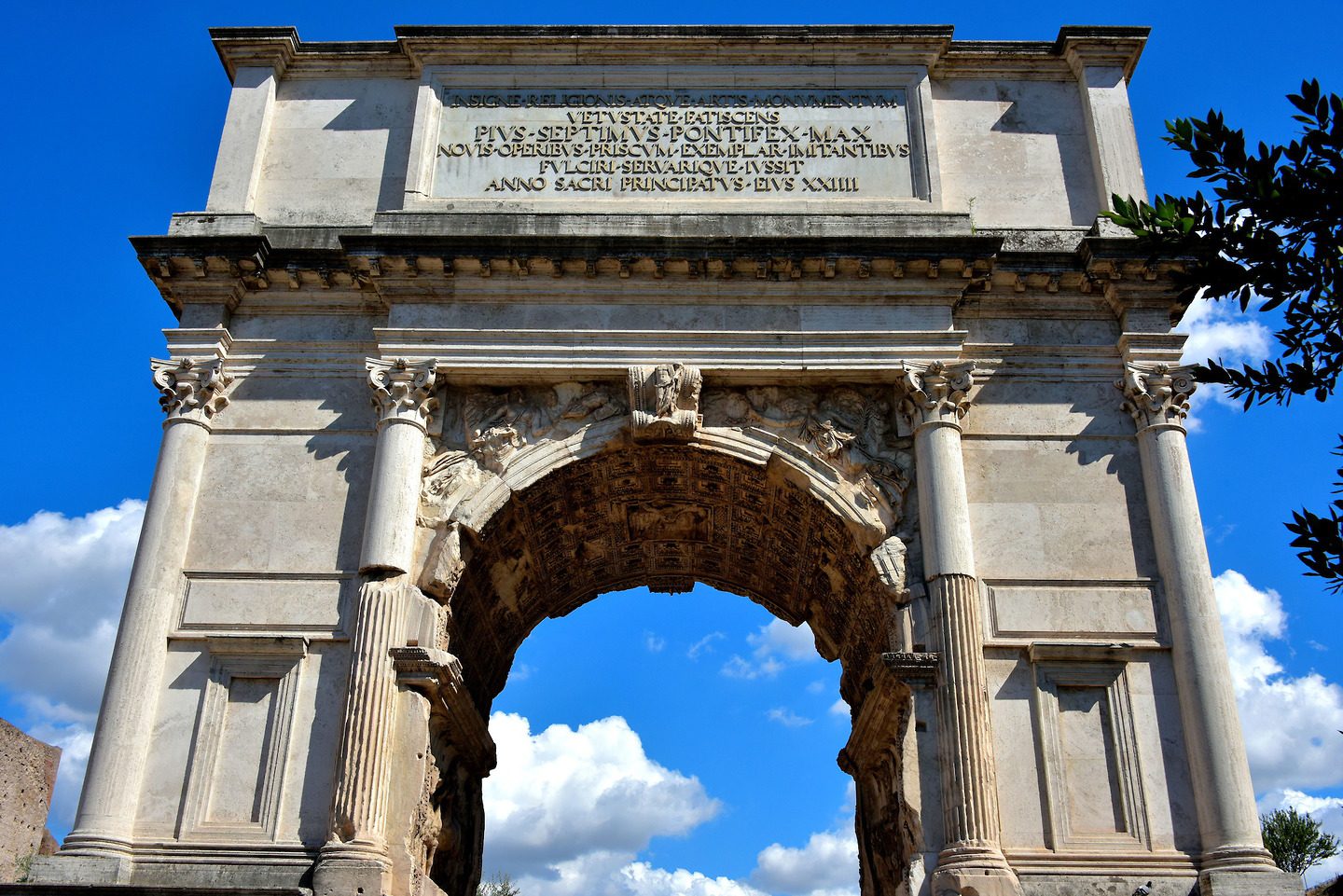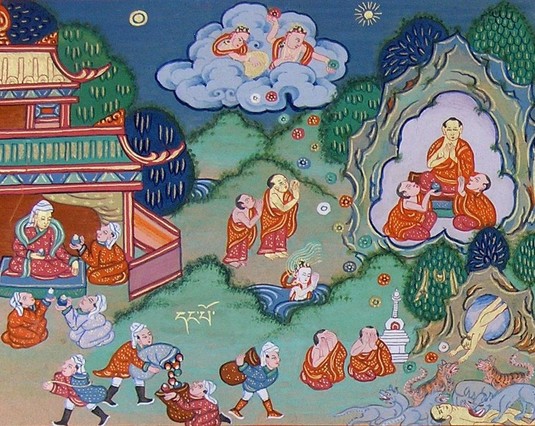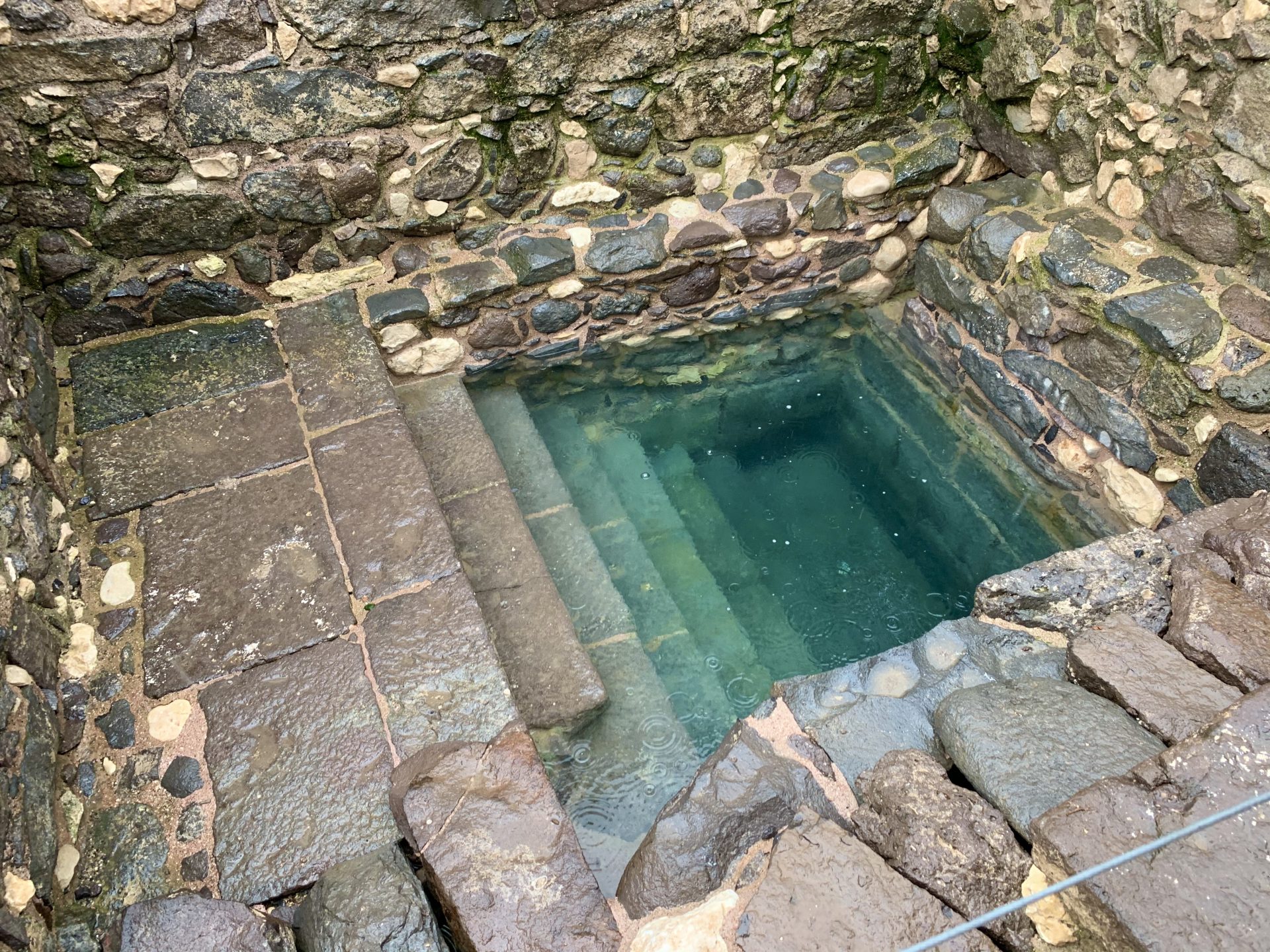The Ten Commandments: Who What When Where Why
Kaplan 365For over two thousand years the Ten Commandments have been understood as the fundamental set of divine laws in the Hebrew Bible. Even for those who do not believe that Moses wrote the Pentateuch, the Ten Commandments have retained their place as especially ancient, and especially important in the religious and communal life of Israel....
Losing Control of the gods: How Religion Slipped Out of the Hands of Men in the Early Roman Empire
Dodd Hall 248The dignified and extravagant public rituals of Romans - ancestral institutions as the last generations of the Republic imagined them - definitively failed in the last century BCE. Future senatorial priests presided only over the cults of a city that was less and less a capital. In place of a narrative of early imperial religion...
Wolakota kagapi: The Study of Peace Making on the Pine Ridge Indian Reservation
314 Royce HallUnfortunately, the Center for the Study of Religion must postpone this event due to extenuating circumstances. We apologize for the inconvenience, and look forward to welcoming you at our next event. The Oglala Lakota Peace Making Team, was instrumental in putting together a number of training sessions for community members to become Peace Makers....
Antisemitism in the Pagan World
Royce Hall 306/ZoomWhat counts as antisemitism? Did antisemitism exist among Greeks and Romans? How far and how deep did hostility to Jews extend in the pagan and pre-Christian world? What impact did it have on Jewish experience in the period of the Second Temple? In short, was there a "Jewish problem" in Greco-Roman antiquity? Co-sponsored by...
Study of Religion: Commencement Toast 2022
Kaplan 365Welcome Reception Fall 2022
Haines 39/ZoomYou are cordially invited to attend the Center for the Study of Religion Fall 2022 Welcome Reception. We look forward to seeing you there! Event Flyer RSVP Below:
Tending the Garden: Ahimsa in the Early Indian Literature
314 Royce Hall/ZoomSource: Shakyamuni Buddha - Jataka (Previous Lives). 1800, Zanabazar Mongolia National Museum, Mongolia, https://www.himalayanart.org/items/50191. Accessed 22 Sept. 2022. The practice of ahiṃsā (non-violence) has a long and illustrious history both in South Asia, where it originated, and elsewhere. This talk will tour a selection of the rich body of texts composed by Jains, Buddhists...
The God of Possibilities: God, Human Freedom and the Obligation to Heal the World by Rabbi Chaim Seidler-Feller and Professor Leora F. Batnitzky as Respondent
Kaplan Hall 348This discussion constitutes a personal effort at articulating a meaningful notion of God that is spiritually fulfilling, intellectually uncompromising and morally compelling. The search ranges across the Jewish tradition from the fundamentals of Biblical monotheism to Maimonides’ rationalism and onto Hasidic mysticism. The result is a contemporary notion of God that can nurture personal humility...
Why Religion Matters for Educational Stratification
ZoomIt's well-known that Americans’ academic outcomes vary by race, class, and gender. But what about their religious upbringing? In this talk, Dr. Ilana Horwitz will discuss findings from her recent book, God, Grades, and Graduation: Religion’s Surprising Impact on Academic Success (January 2022, Oxford UniversityPress). Drawing on 10 years of survey data with over 3,000...
The Origins of Judaism: An Archaeological-Historical Reappraisal
Haines 39/ZoomThroughout much of history, the Jewish way of life has been characterized by strict adherence to the practices and prohibitions legislated by the Torah: dietary laws, ritual purity, circumcision, Sabbath regulations, holidays, and more. But precisely when did this unique way of life first emerge, and why specifically at that time? In his talk, Professor...







![Horwitz-CoverDesign-3-16-final[130539]](https://religion.ucla.edu/wp-content/uploads/2022/09/Horwitz-CoverDesign-3-16-final130539.jpg)
